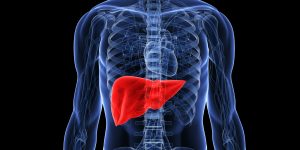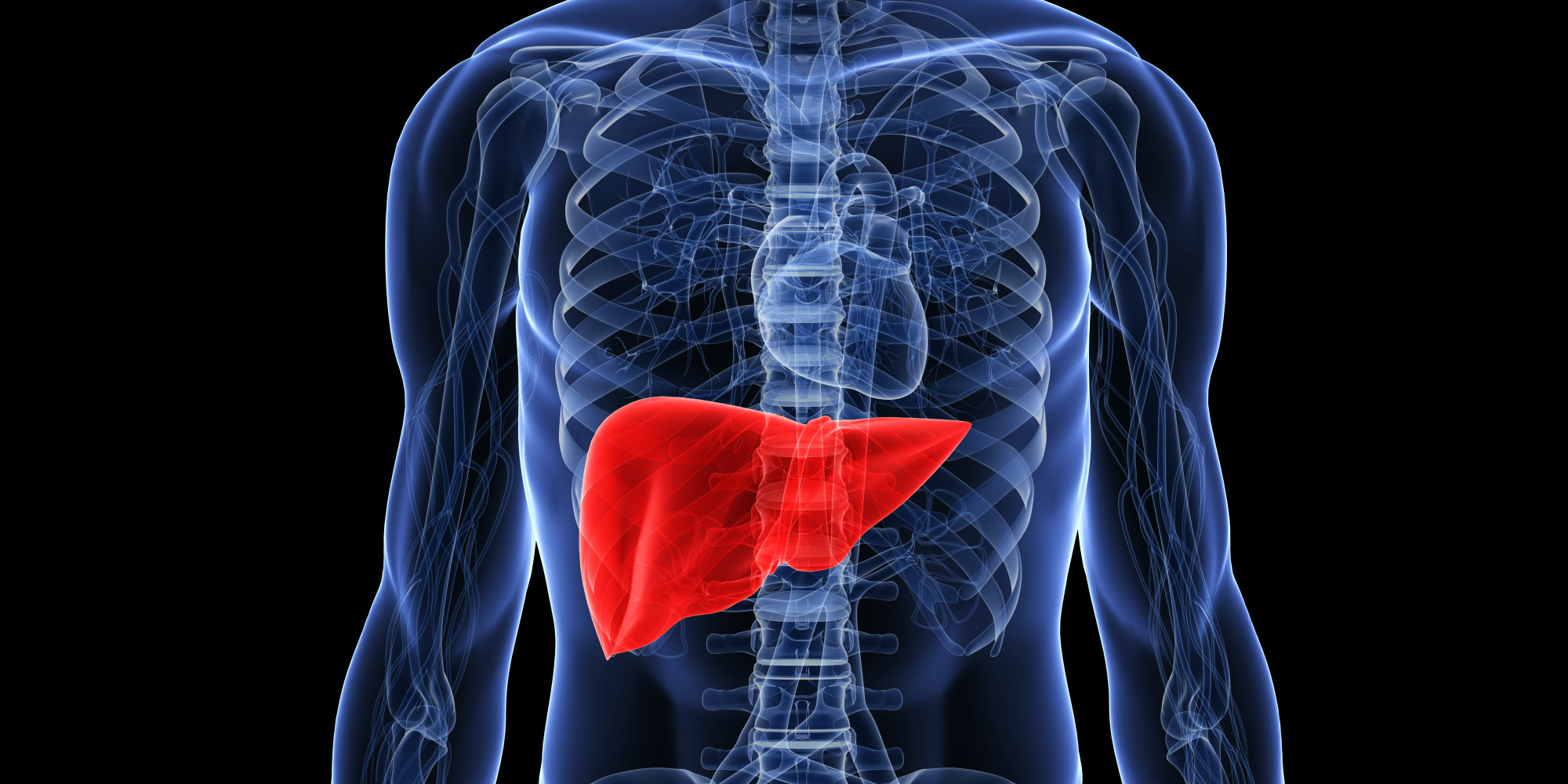
Hepatitis is a disease where the liver face inflammation that can be caused due to a viral infection, autoimmune disorder or implications due to medications, toxins, alcohol and drugs.
Functions of a liver
The liver performs important functions that is related to metabolism for your body like:
• Secretion of Bile
• Filtration of Toxins
• Bilirubin excretion
• Aids in breakdown of fats, protein and carbohydrates
• Stimulates enzymes required for functions of the body
• Storage house for vitamins A,D,E and K, minerals and glycogen.
• Blends blood proteins and blood clotting
What are the types of viral hepatitis and how are they treated
There are five types of viral hepatitis classified as Hepatitis A, C, D and E and other types of non-infectious hepatitis for which different types of viruses are responsible. Although, some types of Hepatitis can be preventable through safety measures in lifestyle and immunization.
Hepatitis A
Hepatitis A is due to an infection lead by Hepatitis A virus which is spread due to food or water that is infected by stool of an infected Hepatitis A patient.
Treatment and Prevention: Since this is a short term ailment. Patients are advised to be on rest and doctors prescribe nutrition and hydration if patients have complain of diarrhea and vomiting. Vaccines for Hepatitis A are available. Children are vaccinated at 12-18 months and adults can get vaccinated with Hepatitis A and Hepatitis B vaccine combined.
Hepatitis B
Hepatitis B is caused by contracting infection through infected body fluids or discharge such as infected blood, semen and vaginal discharge that contains Hepatitis B virus. Sharing razors of infected person, sexual intercourse with infected person and injection drug use are some of the keys causes for Hepatitis B infection.
Treatment and Prevention: There is no specific treatment for Acute Hepatitis B infection. Antiviral medications are prescribed for Chronic Hepatitis B infection. This is an expensive mode of treatment that need to undergo some months or even years. The treatment also requires frequent test to measure the response of virus on treatment. This infection is preventable by vaccination
Hepatitis C
Hepatitis C is caused by hepatitis C virus (HCV) which can spread through direct contact with infected body fluids, mostly by sexual contact and injection drug use. This infection is likely to be ongoing and chronic. This infection can result in cirrhosis (scarring of the liver) or liver disease that might even require liver transplant.
Treatment and Prevention: Acute and Chronic infections of Hepatitis C is treated by antiviral medications. The treatment needs investigations and test to determine best possible treatment. They may also need further testing to determine the best form of treatment. Presently there are no vaccinations available for Hepatitis C.
Hepatitis D
Hepatitis D virus is also called delta hepatitis that is a severe liver disease. HDV is contracted and spread from infected blood by direct contact. This form of infection is uncommon which occurs only in association with infection of hepatitis B, as the hepatitis D virus cannot spread without the existence of hepatitis B virus.
Treatment and Prevention: Currently there are no antiviral medications for the treatment of hepatitis D. Some studies suggest that a drug known as alpha interferon can be used for treatment, but it still it has shown developments in some 20-30 per cent of patients. Prevention of Hepatitis D is possible by Hepatitis B vaccine due to their correlation between HDV and HVB.
Hepatitis E
This is a waterborne disease caused by (HEV) Hepatitis E virus. This infection or virus is prevalent in areas with poor infrastructure and sanitation facilities where water supply can easily become contaminated by fecal matter. The disease is common in countries that have poor civic and sanitation amenities. This disease is usually an acute disease for a short term, but extremely dangerous for pregnant women.
Treatment and Prevention: Presently there is no particular medication to treat HEV but patients who suffer with this type of infection are advised to get rest, stay hydrated by drinking plenty of fluids, have a balanced diet and avoid alcohol.
Noninfectious hepatitis
Noninfectious hepatitis are diseases that are caused by factors other than hepatitis viruses such as Alcohol,
• Alcohol
• Drug overdose or poisoning
• Autoimmune system response
Symptoms of hepatitis
Signs and symptoms of acute hepatitis appear quickly. They include:
• Tiredness
• symptoms of flu
• dark urine and pale stool
• pain in the abdomen
• appetite loss.
• weight loss due to unexplained reasons
• Signs and symptoms of yellowness like jaundice
How hepatitis is diagnosed?
• Patient history and physical exam
• Liver function tests
• Other blood tests
• Ultrasound
• Liver biopsy

